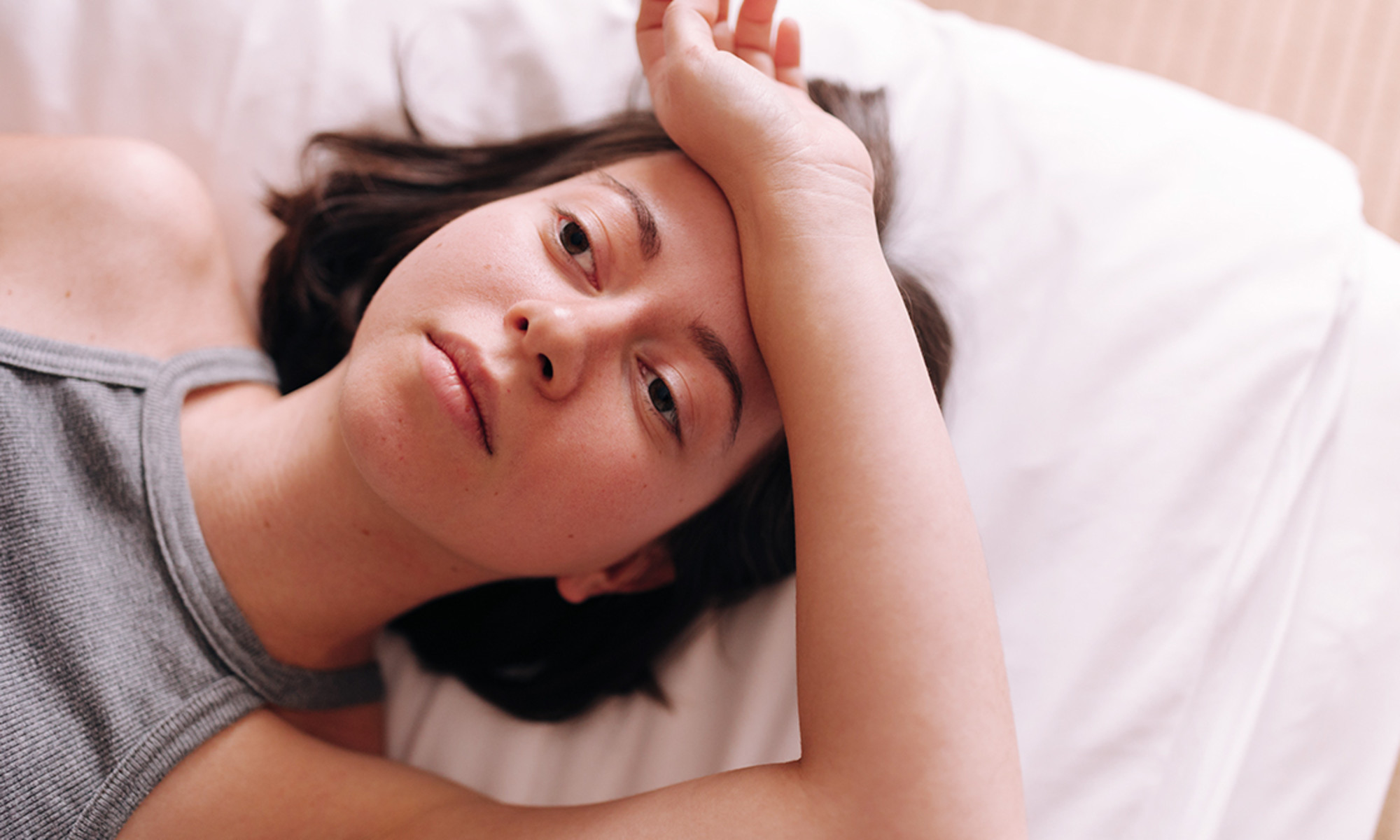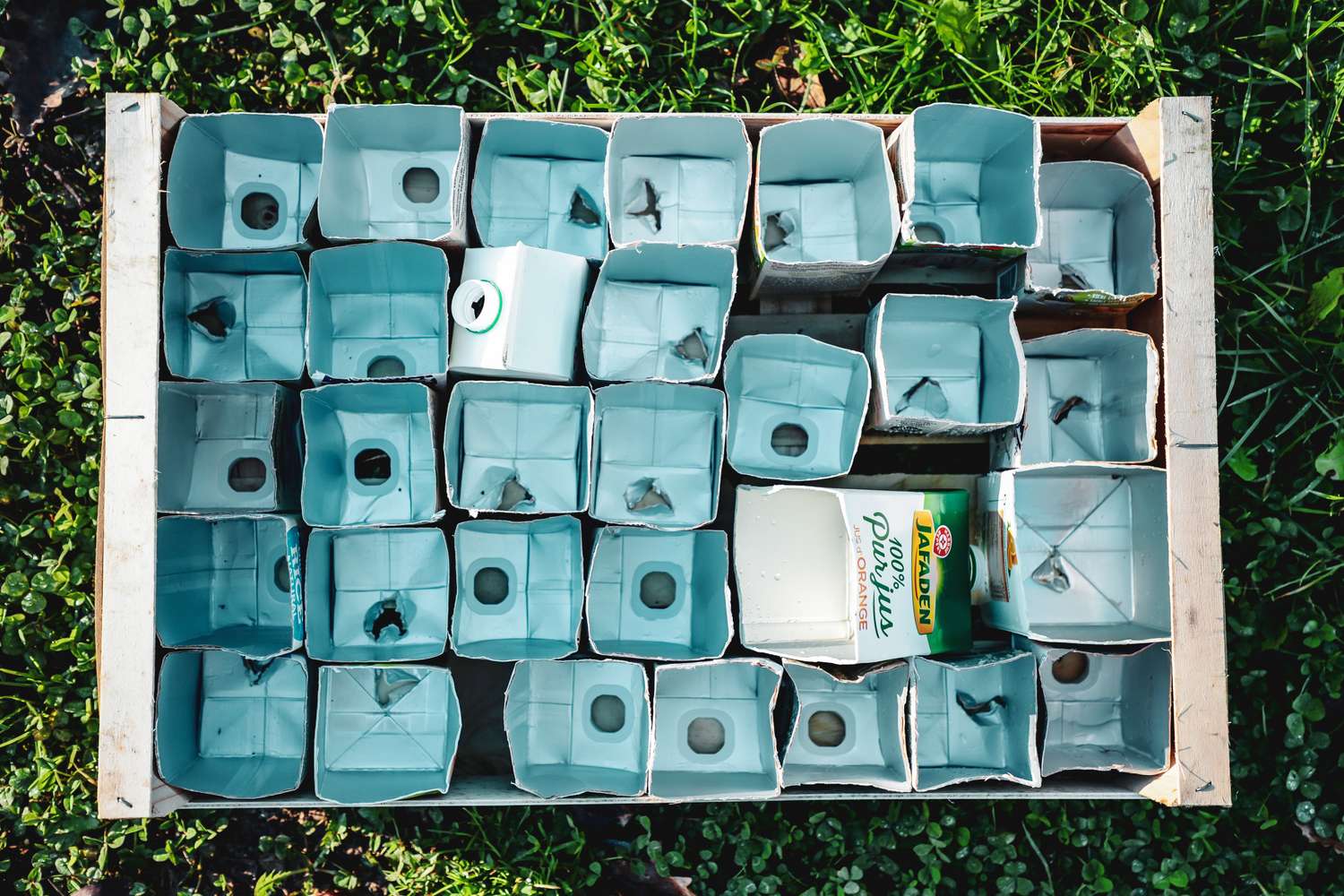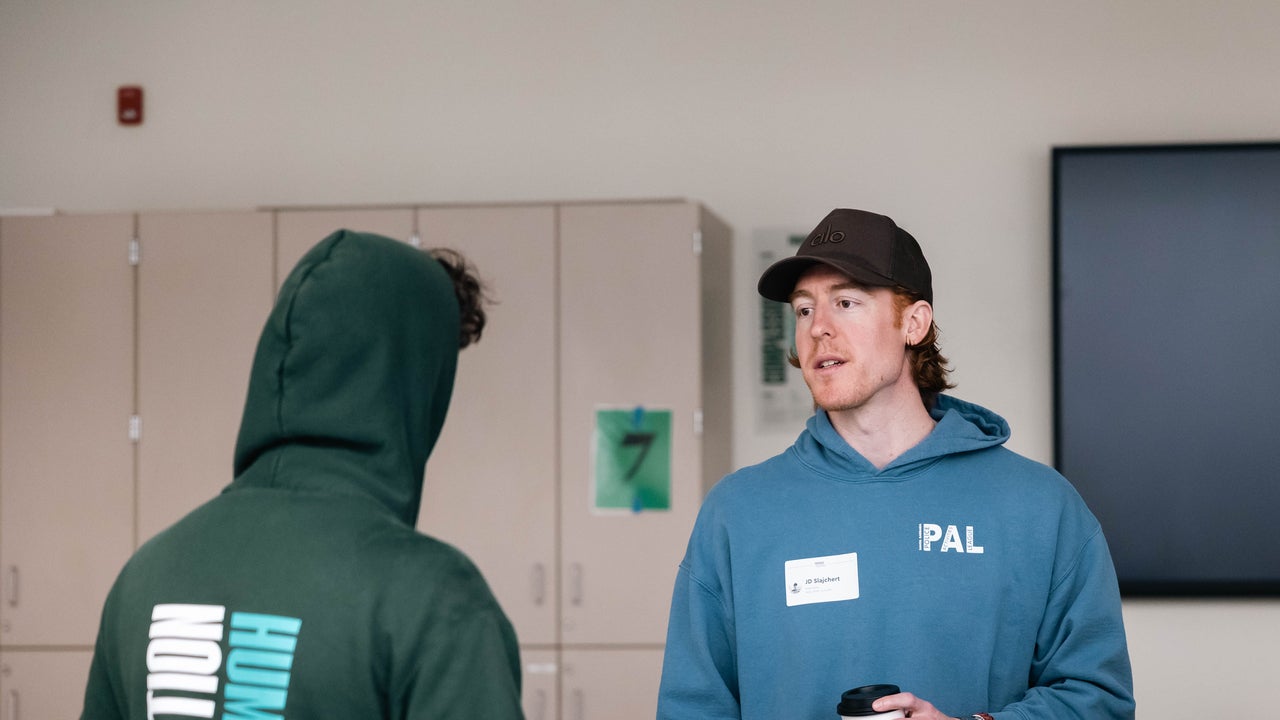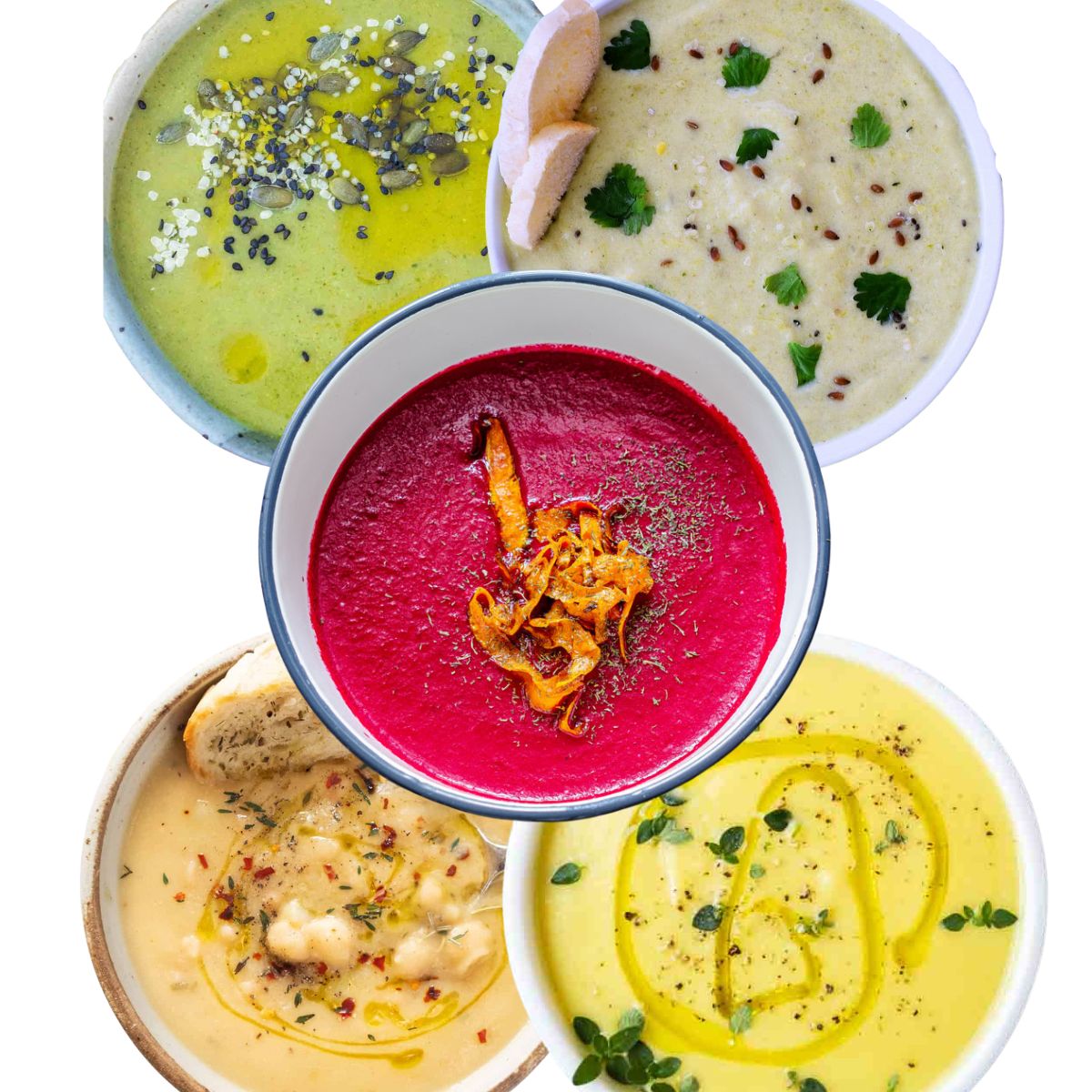I Have Lyme Disease & Long COVID: 6 Things Helping My Immune System Rebound
From whole foods to compression boots.


mbg Contributor
Danielle Pashko is an author, holistic nutrition expert, certified health coach, and former yoga instructor. Pashko develops weight loss and detoxification programs, as well as customized nutraceutical products, for prestigious doctors throughout New York City. She also provides nutrition consulting for healthy menu development at established restaurants and children’s schools.
Image by Alexey Kuzma / Stocksy July 16, 2023 Our editors have independently chosen the products listed on this page. If you purchase something mentioned in this article, we may After my mother's untimely passing due to breast cancer, I was inspired to start a career in wellness. I became a certified massage therapist, Reiki therapist, yoga instructor, and nutritionist. My ultra-strict diet and lifestyle seemed like a foolproof path toward health, but life had other plans for me. At 30, I was diagnosed with thyroid cancer, which led me to reevaluate my totally holistic approach. After successful cancer treatment, I maintained a healthy way of eating but with more flexibility. Little did I know that more health challenges awaited me. I began experiencing debilitating and seemingly unrelated physical and neurological symptoms. Eventually, I was diagnosed with Lyme disease.
Advertisement
This ad is displayed using third party content and we do not control its accessibility features.
Determined to heal, I sought treatment from Lyme-literate practitioners and explored a combination of conventional and holistic therapies. Within a year, I regained my vitality and athletic abilities. However, my confidence was tested yet again when I contracted COVID-19.Initially, I mistook COVID for a Lyme flare-up
During the early stages of the Delta variant, before vaccines were available, I experienced what I thought was a Lyme flare-up: The blurry vision, dizziness, and mild fatigue were all too familiar.
But after waiting in a long line at an urgent care facility, I tested positive for COVID-19. Surprisingly, my respiratory symptoms were minimal. All my symptoms resembled my initial Lyme disease symptoms rather than typical signs of the virus.
It felt as if I had Lyme disease on steroids.
Advertisement
This ad is displayed using third party content and we do not control its accessibility features.
After the recommended 10-day isolation period, I anticipated a return to normalcy. But the debilitating symptoms continued. It felt as if I had Lyme disease on steroids. Over time, I realized that my experience wasn't so uncommon: Researchers now suspect that those with weakened immune systems could be more susceptible to long COVID1.
To find relief, I revisited the protocols that had worked for my Lyme symptoms, including another round of intramuscular antibiotics for an additional six months. But the things that worked in the past were not yielding the same results. It became apparent that the intersection of Lyme disease and COVID-19 presented unique challenges that required a new approach.
The strategies helping me recover
I went on to explore different treatment modalities, adding and subtracting elements to find an effective balance. After much trial and error, I found that the following six strategies benefited my recovery the most, and I continue to keep them as part of my daily routine.
That said, every individual's journey is unique when it comes to illnesses like Lyme disease and long COVID-19. Listen to your body and consult with healthcare professionals experienced in managing immune-compromising conditions.
Advertisement
This ad is displayed using third party content and we do not control its accessibility features.
1.
Embracing an anti-inflammatory lifestyle
Giving my immune system the support it needs to thrive is now a top priority.This involves taking immune-boosting supplements like vitamin C and D, zinc, and probiotics. I've also explored the power of lesser-known gems like AHCC, a remarkable shiitake-derived mushroom supplement backed by extensive research2. AHCC leverages both the innate and adaptive defense system, promoting the activation of “natural killer” (NK) and B and T-cells, the latter of which play a vital role in combating both Lyme disease3 and COVID-19.4
Advertisement
This ad is displayed using third party content and we do not control its accessibility features.
3.
Harnessing balance with acupuncture
Through my recovery journey, I have experienced the revitalizing effects of acupuncture—a time-honored therapy that restores equilibrium and facilitates healing. By stimulating specific points on the body, acupuncture has helped me alleviate pain, reduce fatigue, and harmonize my body's energy flow.
Don’t let the visuals of needles scare you off! I'd recommend seeking out a skilled acupuncturist who is well-versed in supporting those with immune-compromising conditions and can help you develop a tailored treatment plan.
4.
Boosting comfort with compression therapy
I find daily solace in the soothing embrace of compression therapy (garments that apply gentle pressure to your limbs to improve circulation, reduce swelling, and ease discomfort). I slip into these compression boots each morning to enhance blood flow, enrich tissues with oxygen and nutrients, and facilitate the removal of metabolic waste.
Advertisement
This ad is displayed using third party content and we do not control its accessibility features.
The transformative power of yoga has helped me to regain balance in my life. I engage in a daily yoga practice that harmonizes physical postures, breath control, and mindfulness.
I find that you only need a 20-minute yoga session each morning to benefit from this practice. Or, as evening approaches, wind down with a soothing yoga routine to prepare for a restful night's sleep.
6.
Prioritizing restorative sleep
Sleep has been essential to my recovery and well-being. I unwind before bed with relaxation techniques such as yoga or meditation and make my evenings screen-free, caffeine-free, and alcohol-free. l also maintain a consistent sleep routine by adhering to a regular bedtime, and I maintain a sleep-friendly environment.
The takeaway
My journey with Lyme disease and long COVID-19 taught me the importance of adaptability and resilience when managing immune health. The unexpected challenges posed by COVID-19 forced me to reevaluate my treatment approach, making adjustments to accommodate the complex interaction between the two illnesses.
The experience has shown me the importance of seeking guidance from experienced practitioners and remaining open to new approaches when dealing with immune-compromising illnesses. In doing so, we can emerge stronger on our path to optimal well-being.

 ShanonG
ShanonG 
































